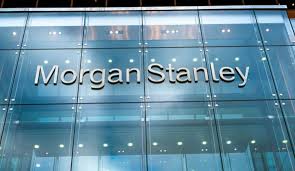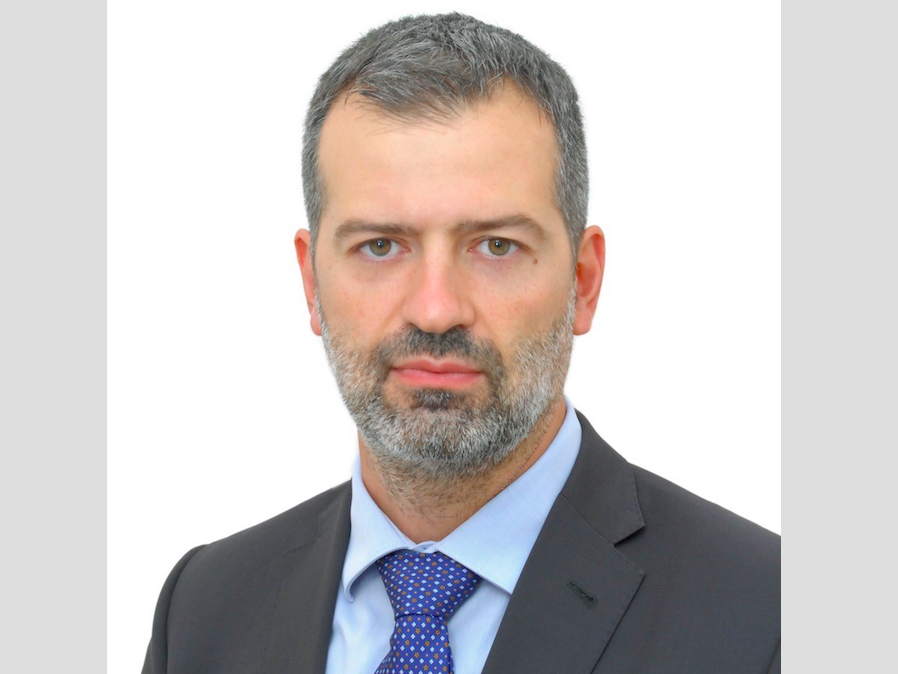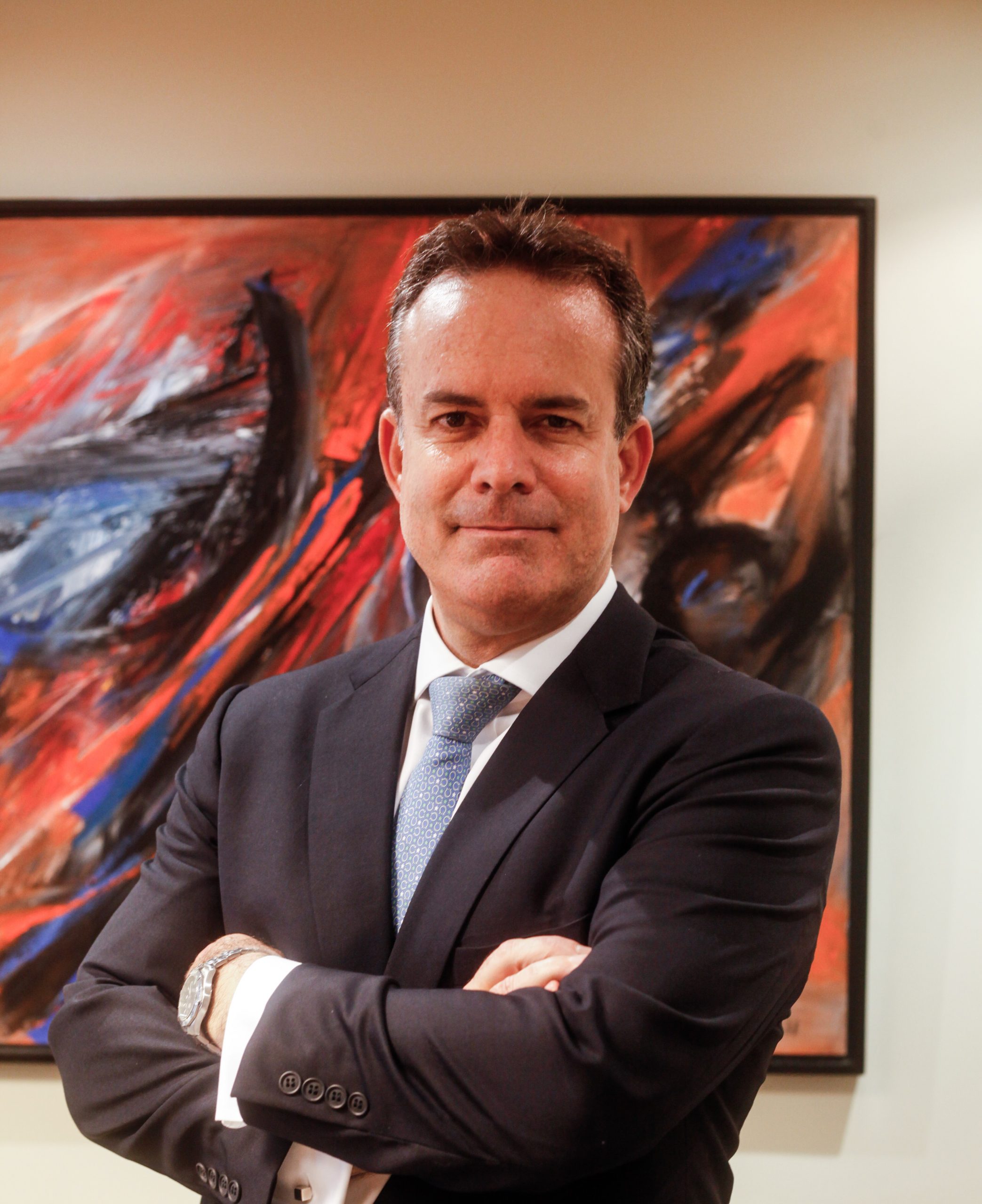Pictet Asset Management has developed a new investment strategy that invests in publicly listed family businesses, companies that count founding families as major shareholders. Pictet-Family was repositioned on the 29th May 2020 and has seen its investment universe change. It is managed by Alain Caffort and Cyril Benier. In this interview, they discuss the strategy’s guiding philosophy.
What exactly is a family business?
How you define a family business is a matter of interpretation. Sometimes it’s obvious, say when founders hold very large stakes in their own names. But the boundaries can sometimes be blurred. We take a systematic and rigorous approach to our definition. Family businesses that make up our investment universe are publicly listed companies in which an individual or family holds a minimum of 30 per cent of voting rights. The family can be by blood or marriage, the stake can be held through a foundation or some other vehicle. Such information is rarely freely available; unearthing it often requires painstaking research.
Why 30 per cent?
Research shows that active participation in the general assemblies of publicly listed companies averages around 60 per cent of share ownership. At 30 per cent, a shareholder (or group of closely tied shareholders) effectively has the casting vote and, thus, control.
Why focus on family businesses?
Family businesses are the lifeblood of our society and the backbone of the global economy. They contribute between 50 per cent and 70 per cent of countries’ gross domestic product and employ the majority of their workforces.

There’s a large body of research showing family businesses tend to outperform their peers – financially and in terms of shareholder returns.
Of course, as anyone with experience of families and family disputes knows, this type of ownership can also lead to a number of problems – which is why it is also crucial to take an active approach to investing in these companies. And that’s where we can make a difference – ensuring we avoid the pitfalls in this otherwise attractive investment landscape. Please read our related article on the universe for more about why it makes sense to invest in family businesses with an active approach.
This suggests corporate governance is a big focus for you, is that right?
Environmental, social and governance (ESG) factors are all important sources of investment performance. But when it comes to investing in family businesses, governance is key. That’s because governance is intrinsic to a company’s overall values and culture.
We use several bespoke indicators in order to draw out what’s acceptable and what isn’t. For example, we tolerate a lower degree of board independence from family companies – after all, the close alignment between the family’s and business’ fortunes is one of the reasons these companies do so well – but we’re much more stringent on the composition and approach of the company’s audit, remuneration and nomination committees.
What sorts of family businesses do you invest in?
We have no geographic or size preference – with the caveat that the shares have to have a fairly substantial minimum daily liquidity of USD5 million. We accept that this liquidity requirement keeps us from investing in some potentially interesting companies, but it also protects our clients from the worst effects of market dislocations such as we’ve recently seen.
Importantly, even after applying this stringent criteria, there are enough investable companies left – our universe is made up of 500 companies globally that operate across all sectors. It’s also worth noting that our liquidity limitation means that our strategy’s performance isn’t down to size effects. It’s not a case of trading performance for liquidity and thus volatility, as is the case with many small-cap funds. So we know that the outperformance of family businesses really is down to family effects.
So why do family businesses outperform?
We believe there are three primary reasons. First, the families tend to have most of their wealth and reputations invested in these companies, their interests are closely aligned. This, in turn, leads to the second reason, that family businesses often reinvest a larger proportion of their profits than their peers. Finally, stability of ownership also allows management to take a long-term view, rather than obsessing about the next quarter’s profits.
Are family firms weighted to certain countries and sectors?
Not in a way that narrows our investment options. Family companies operate across all sectors and industries. And we have a more balanced regional distribution than capitalisation-weighted global equity indices – for instance, 60 per cent of the MSCI All Country Index (ACWI) is based in North America, while our weighting is around 40 per cent.
But it is true we prefer some sectors to others. For example, Consumer Discretionary companies make up around 12 per cent of the MSCI ACWI but have nearly twice the weighting in our portfolio. And the majority of these companies are based in Europe, including some of the great luxury goods companies.
We’re also relatively heavily weighted towards Communication Services and Consumer Staples.
Why Pictet Asset Management?
Pictet-Family brings together the core capabilities of the Pictet group: Family businesses, Global funds, identification of winning market themes and a strong focus on ESG factors.
We know what the drivers of a successful family business are and what characteristics of a family business we are looking for. After all, we have a strong case study right at home: Pictet is a family business and a very successful one.
For more information on our Pictet-Family fund, please click here
Information, opinions and estimates contained in this document reflect a judgment at the original date of publication and are subject to risks and uncertainties that could cause actual results to differ materially from those presented herein.
Important notes
This material is for distribution to professional investors only. However it is not intended for distribution to any person or entity who is a citizen or resident of any locality, state, country or other jurisdiction where such distribution, publication, or use would be contrary to law or regulation. Information used in the preparation of this document is based upon sources believed to be reliable, but no representation or warranty is given as to the accuracy or completeness of those sources. Any opinion, estimate or forecast may be changed at any time without prior warning. Investors should read the prospectus or offering memorandum before investing in any Pictet managed funds. Tax treatment depends on the individual circumstances of each investor and may be subject to change in the future. Past performance is not a guide to future performance. The value of investments and the income from them can fall as well as rise and is not guaranteed. You may not get back the amount originally invested.
This document has been issued in Switzerland by Pictet Asset Management SA and in the rest of the world by Pictet Asset Management Limited, which is authorised and regulated by the Financial Conduct Authority, and may not be reproduced or distributed, either in part or in full, without their prior authorisation.
For US investors, Shares sold in the United States or to US Persons will only be sold in private placements to accredited investors pursuant to exemptions from SEC registration under the Section 4(2) and Regulation D private placement exemptions under the 1933 Act and qualified clients as defined under the 1940 Act. The Shares of the Pictet funds have not been registered under the 1933 Act and may not, except in transactions which do not violate United States securities laws, be directly or indirectly offered or sold in the United States or to any US Person. The Management Fund Companies of the Pictet Group will not be registered under the 1940 Act.
Pictet Asset Management Inc. (Pictet AM Inc) is responsible for effecting solicitation in North America to promote the portfolio management services of Pictet Asset Management Limited (Pictet AM Ltd) and Pictet Asset Management SA (Pictet AM SA).
In Canada Pictet AM Inc is registered as Portfolio Managerr authorized to conduct marketing activities on behalf of Pictet AM Ltd and Pictet AM SA. In the USA, Pictet AM Inc. is registered as an SEC Investment Adviser and its activities are conducted in full compliance with the SEC rules applicable to the marketing of affiliate entities as prescribed in the Adviser Act of 1940 ref. 17CFR275.206(4)-3.












